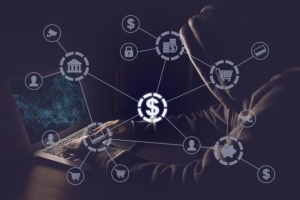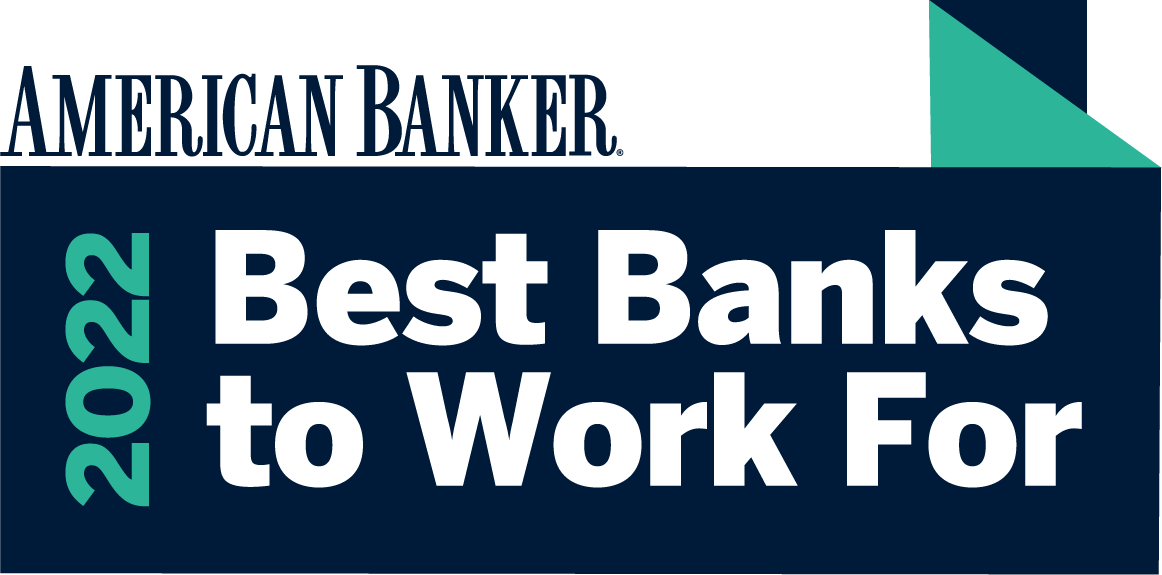It's vital to take the necessary steps to protect your personal information. We’re sure you hear that all the time, but it doesn't change the value of the message. Whether or not you are connected to the digital world, your personal information is out there and it's important to take measures to help reduce your risk of identity theft. That's why we've compiled a list of 10 important tips for protecting your information, both offline and online.
If you pay bills by mailing a check and avoid shopping online, don't think that will prevent you from being exposed to identity thieves. Your personal and private information can still be swiped from you even in an offline environment. Regardless of where you store or share your private data, here are 5 tips to keep all of it secure.
1. Secure financial and personal documents in a safe place. Be sure to lock these private items in a drawer, filing cabinet or other safe place – whether you're at home or at the office. If you're at work, lock your wallet or work bag in a safe place too, especially when you’re away from your desk.
2. Keep your personal items secure when out in public. Don't leave belongings that contain sensitive information unattended, even if you're in a familiar place where you think your items are safe.
3. Limit what you carry. When you go out, take only the essentials items that you need like your ID, credit and debit card or cash. Be sure to leave your social security card in a secure place at home.
4. Ask questions before sharing any personal information. We are asked to share personal information frequently, at work, school, or the doctor's office, even some businesses. If you're asked to disclose private details, be sure to ask why they need it and how they will safeguard it.
5. Properly dispose of items that have sensitive information. Be sure to shred old receipts, credit offers, applications, insurance forms, physician statements, checks, bank statements, packing slips and shipping labels on received packages, expired charge cards and similar documents that may have personal data.
Many of us seem to be online 24/7, which has become increasingly true this past year. We pay our bills, shop, work, and even order takeout – all online! Most of these actions require submitting payment information and addresses. And think about all the time we spend on social channels where it’s easy to share other types of personal information. All of this online activity makes it important to take precautions to protect yourself from becoming a victim of identity theft. Follow these 5 tips to help keep your information safe online.
1. Device logins. It's crucial to use a password to access all of your devices (phones, tablets, computers, etc.) and online accounts. Each one should be strong and consist of uppercase and lowercase letters, numbers, and special characters. Your password should never contain things like your name, birthday, or anything a hacker could easily guess from your public information. Lastly, don’t share your passwords!
2. Close unused accounts. If you have old email accounts that are no longer being used, take the time to go through them to delete any old eStatements, healthcare forms or other files that include your private details. Once you've done so, go ahead and delete the account entirely.
3. Limit social media sharing. It's alarming the volume of information that can be found on social media profiles which can be used to hack into personal accounts. Hackers may even use this public information to answer the security questions you have set up to protect your accounts. Be sure personal information like your home address and phone number are not visible on profiles and see how else you can protect your identity on social media and keep your accounts secure.
4. Beware of impersonators. The internet is full of impersonators who will pretend they work for an organization such as an insurance agency, financial institution, or electric company. Do not give out any personal information unless you know the person you are communicating with is a legitimate employee of the company. A good rule of thumb to follow is: if you didn't initiate the communication, do not share any of your personal information by phone or email until you verify their identity in order to protect yours!
5. Secure your social security number. It's so important to protect your social security number, both online and offline. Do not give it out easily – ask questions before sharing it and see if you can provide a different form of ID. It is your right and responsibility to ask why they need it, how it will be used, and how they will protect it.
Many people believe they would never become the victim of identity theft, however, everyone is at risk of being a target for this type of criminal activity. And the less aware you are of how criminals can steal your identity and private information, the greater the chances that you become a victim. But by following these best practices, you can work to ensure the safety and protection of your personal information.
If you believe your personal information has been compromised or you think you are a victim of identity theft, we’re here to help! Contact us at 866-224-1379.
Check out our other blogs on Privacy & Cybersecurity and visit the Lakeland Bank identity theft information center for more great resources on this topic.




